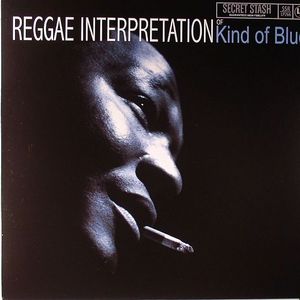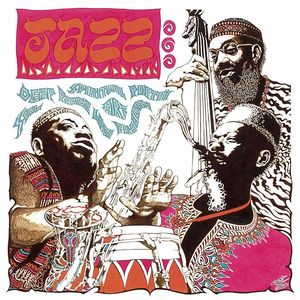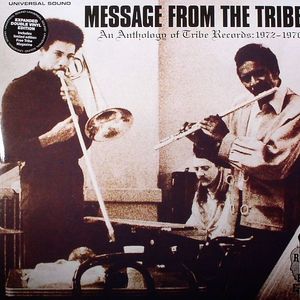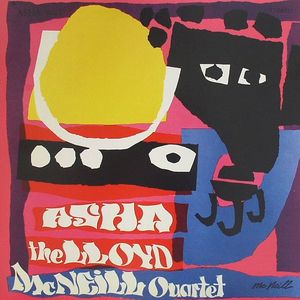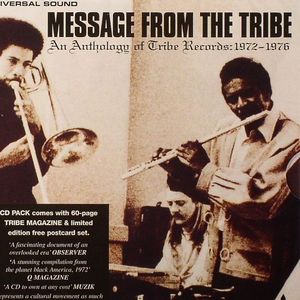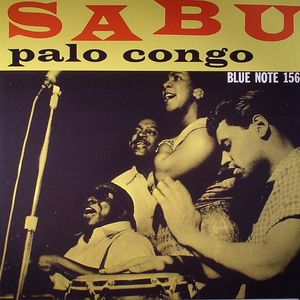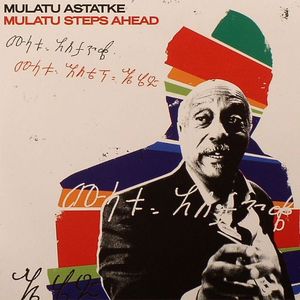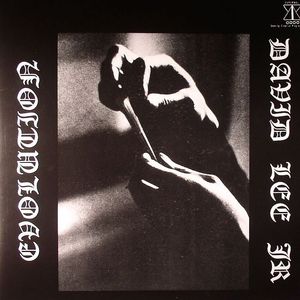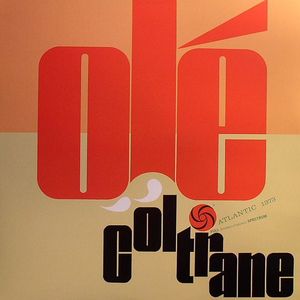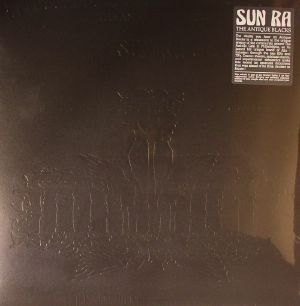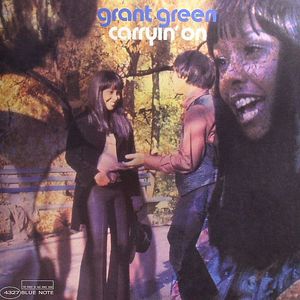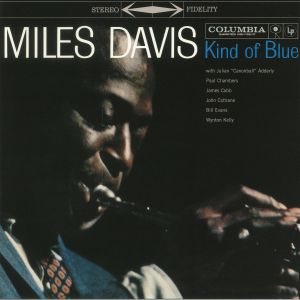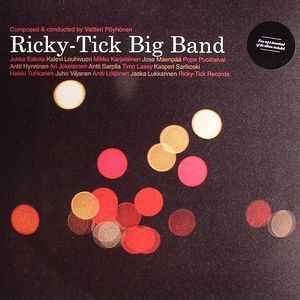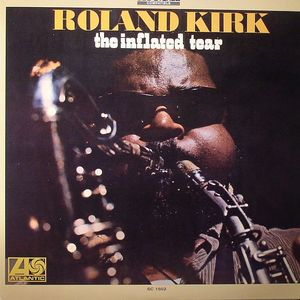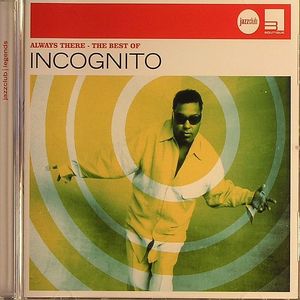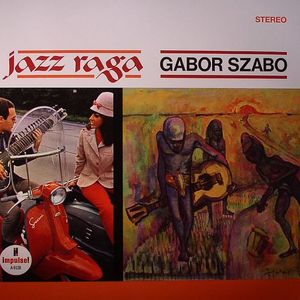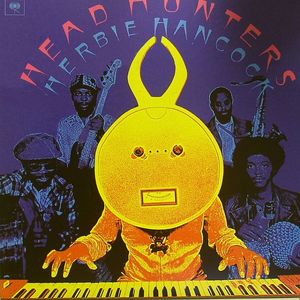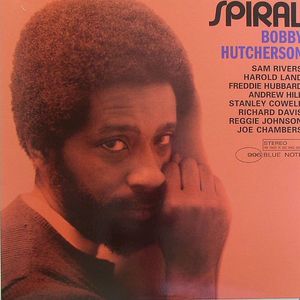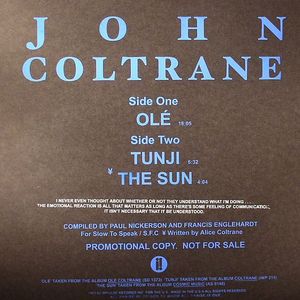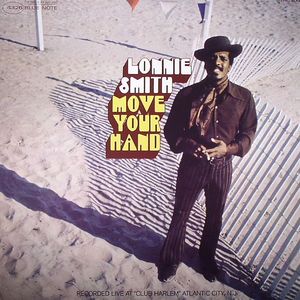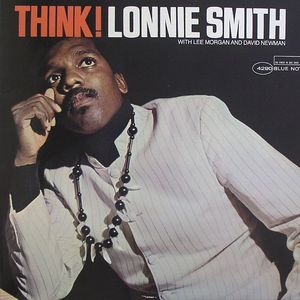
Juno Recommends Jazz
Jazz Recommendations Best Of 2010
1 Dec 2010
Read more...
1
out of stock $16.67
2
VARIOUS
Cat: JMAN 078. Rel: 15 Nov 10
Jazz
Review: As the ears of jazz enthusiasts become ever more refined, the interest in Spiritual Jazz has risen greatly in recent years. This new vinyl-only release from Jazzman is rich, warm, deep and progressive, showcasing an era in the 60s and 70s when private press LPs were custom made by the musicians themselves in order to exhibit their art, reflecting the neglect and disregard afforded to them by the jazz mainstream. With this release Jazzman turn our attention to the often-ignored format of the jazz 45 with three artists, namely James Spaulding, The Lightmen and Bubba Thomas across three separate 45s housed in a gatefold sleeve. Essential.
...Read more
out of stock $22.23
3
VARIOUS
Cat: STRUT 063LP. Rel: 02 Aug 10
Jazz
out of stock $14.73
4
VARIOUS
Cat: USLP 5. Rel: 08 Mar 10
Jazz
out of stock $15.56
5
Cat: NA 5044LP. Rel: 05 Apr 10
Jazz
out of stock $47.82
6
out of stock $14.45
7
VARIOUS
Cat: USCD 5. Rel: 08 Mar 10
Jazz
out of stock $13.33
8
out of stock $11.12
9
Review: Generally accepted as the father of Ethio jazz, Mulatu Astatke releases his first studio album in over twenty years through Strut. Mulatu Steps Ahead signals somewhat of a new approach for the veteran who also engages with western jazz in favour of his more familiar, native style that has made him such a pioneering artist during the 60s and 70s. Having been making jazz music for the last 50 years, Mulatu Astatke has worked with some of the greats of the jazz world. On this album, he recorded with members of the Either/Orchestra in Boston, with members of The Heliocentrics and some of the UK's leading jazz and African players whilst also adding contributions by traditional Ethiopian musicians in Addis. The album follows on from the success of both the acclaimed Inspiration Information collaboration and recent Strut compilation, New York "Addis " London.
Mulatu Steps does not focus on his past roots however, indeed much of it was recorded in the States. The result is a more traditional sounding jazz record than we are used to from him. But that is not to say there is less intrigue and personality woven into it though. In fact, each track on the album tells its very own story. Opener "Radcliffe" reflects on his time as a lecturer at Harvard University.
"Assosa" adapts traditional music from the Assosa tribes of North-Western Ethiopia, "Mulatu's Mood" re-works a Mulatu jazz fusion composition from the early 1990s into a new swinging Afro high life arrangement and "Derashe" deals with the traditional diminishing scales of the Derashe people of Southern Ethiopia. Although different from his previous work, Mulatu Astatke continues to keep jazz fresh, contemporary and up to date whether it’s African or American. Let’s just hope it’s not another twenty years until his next studio album.
Mulatu Steps does not focus on his past roots however, indeed much of it was recorded in the States. The result is a more traditional sounding jazz record than we are used to from him. But that is not to say there is less intrigue and personality woven into it though. In fact, each track on the album tells its very own story. Opener "Radcliffe" reflects on his time as a lecturer at Harvard University.
"Assosa" adapts traditional music from the Assosa tribes of North-Western Ethiopia, "Mulatu's Mood" re-works a Mulatu jazz fusion composition from the early 1990s into a new swinging Afro high life arrangement and "Derashe" deals with the traditional diminishing scales of the Derashe people of Southern Ethiopia. Although different from his previous work, Mulatu Astatke continues to keep jazz fresh, contemporary and up to date whether it’s African or American. Let’s just hope it’s not another twenty years until his next studio album.
...Read more
out of stock $17.79
10
out of stock $15.56
11
out of stock $10.85
12
out of stock $12.78
13
out of stock $16.67
14
in stock $37.81
15
out of stock $18.07
16
out of stock $20.00
17
out of stock $10.00
18
Cat: 532 5322. Rel: 10 May 10
Jazz
out of stock $8.62
19
out of stock $18.90
20
out of stock $32.54
21
out of stock $15.56
23
out of stock $15.56
24
in stock $33.92
25
out of stock $19.46

 USD
USD




